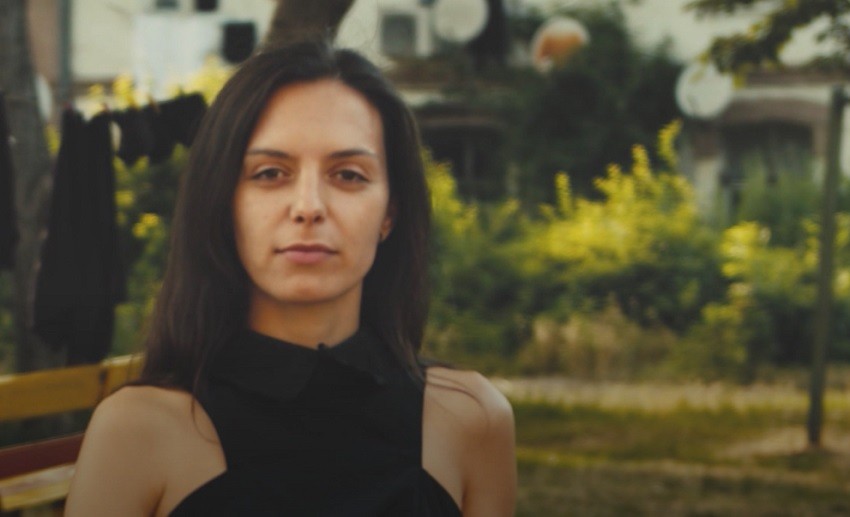War, peace, fear, humility, empathy, love are the words that were in people’s thoughts and vocabulary most often during the outgoing year.
Empathy, love and humility are virtues which shape us as humans and as a society, and this year we have had ample opportunity to demonstrate them – for example, in our treatment of the people fleeing the war in Ukraine, or the people affected by natural calamities in the country, or when 12-year old Aelxander – the autistic boy from Pernik who went missing for 9 whole days, and was finally found by volunteers out in the open, in a forest, a demonstration of the fact that we are able to act together, and with purpose. The prospect of an end to Russia’s war on Ukraine, which has been ravaging Ukrainian territory for 10 months, still seems distant, so words like “war” and “peace” will likely continue to dominate our thoughts in 2023 as well.
Language as a living fabric of society is constantly changing, as is society itself, and as they change, so do the words used most frequently. The media often assert words that are not inherent to our language, contends Pavlina Varbanova, the woman behind a popular spellchecking website.

“What struck me is that the words that dominated the language this year are trivial, words lacking in any specific colouration. To my mind, the dominant words have been war, gas and aggression, and they are connected with social and political events that have had their effect on the language, and from there – on people.”
As to our craving to use language as a weapons to wound instead of encouraging or supporting, Varbanova believes that by speaking the way we do, we only fuel tensions:
“I believe our society is traumatized, but it also self-traumatizing. It is as if we feel a need for self-punishment,” she explains. “For additionally exhibiting our errors and our suffering, thus burdening our own selves and the people around us.”
Here is what Tanya Dimova from the BNR’s culture channel Hristo Botev says about the power of words:

“If we truly know the weight and the meaning words carry, we would use them when they are needed and the way they need to be used. We would know it all comes down to what we are saying, how we are saying it and who we are saying it to. We are constantly grappling with our own selves, and with others, without ever sitting down to think why we are doing it, or who needs it.”
Her work as scriptwriter of documentary films and journalist has meant she is very much aware of the message she wants to convey with her voice on the air, and within the limited time she has in a documentary:
“Documentaries need to be as truthful and objective as they possibly can. There is a personal touch – the angle from which the information is presented,” Tanya Dimova says. “I believe that I do not raise the issues of the day so much as the issues that touch the heart. I have always known that what we are doing at the national radio is the result of teamwork. When you interview someone you are both looking in the same direction, it is like music the listeners can dance to. With documentary film scripts, the music is given visual expression as well. That is why it is so important to think about what particular word to use, so as to supplement what the viewers are seeing.”
“Enthusiasm is a word that contains the elements fervor and rapture,” Tanya says, turning to her favourite subject. “We should love and help one another, we should share, that is what makes us genuinely human. That is why I think enthusiasm is what we most often lack, and the word “enthusiasm” should be the word of 2022, and of every year to come.”
Photos: BNR, archive
In Gabrovo – a city in the geographical center of Bulgaria, once described as the Bulgarian Manchester, but today facing demographic challenges – there are young people who believe that the future can be better and that this largely..
For 15 years, Stela Nedkova has been living in Brussels . After completing her education in Bulgaria, she decided to test herself in a different reality to see whether she could handle life’s challenges on her own, without her parents’ help. Stela faced..
Security cameras captured a bear in a residential neighborhood of the town of Karlovo a few days ago. The predator came down to the houses in the northern part of the town and walked calmly along the streets until it was startled by a passing car...
For 15 years, Stela Nedkova has been living in Brussels . After completing her education in Bulgaria, she decided to test herself in a different reality..
In Gabrovo – a city in the geographical center of Bulgaria, once described as the Bulgarian Manchester, but today facing demographic..

+359 2 9336 661
